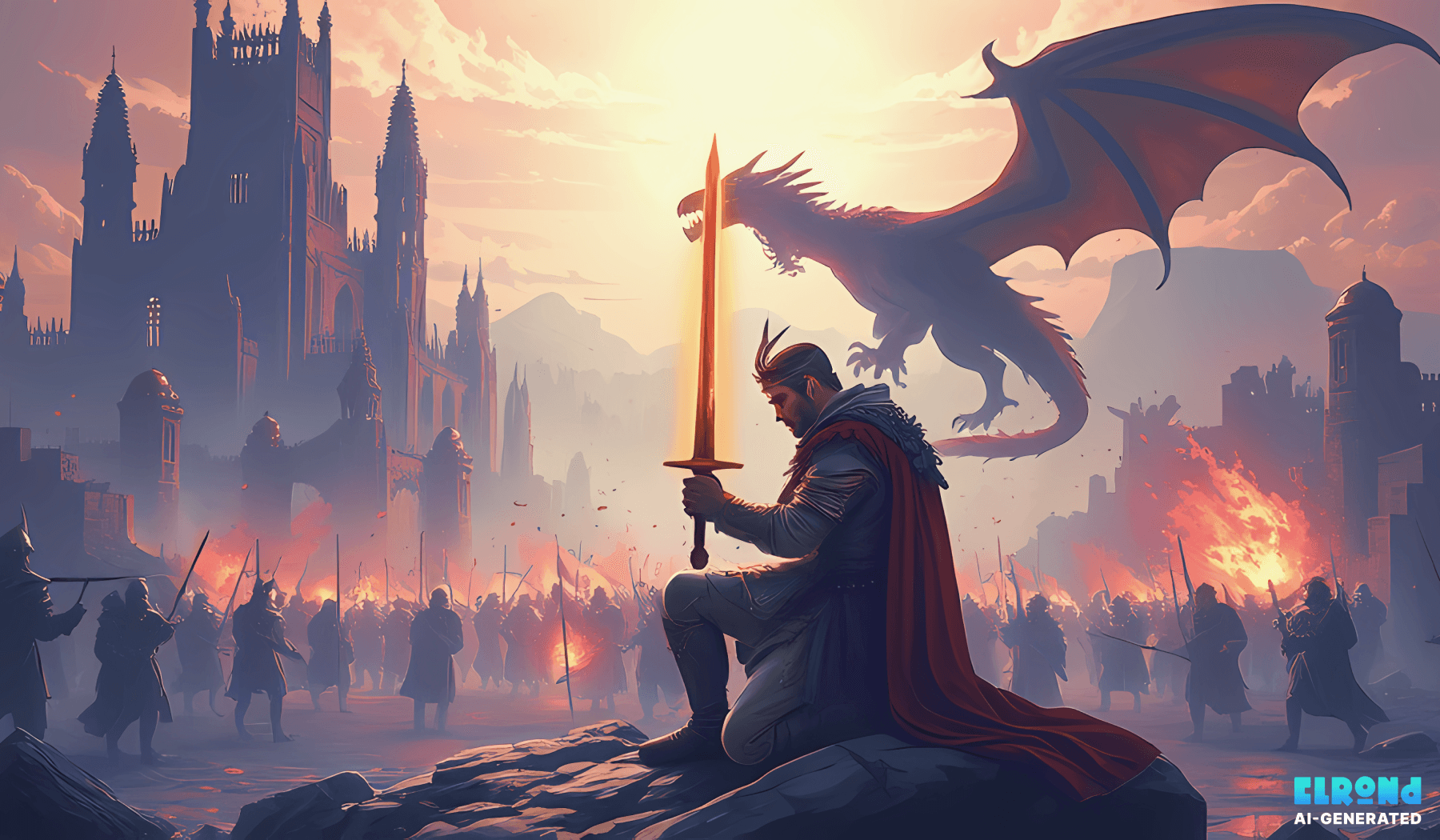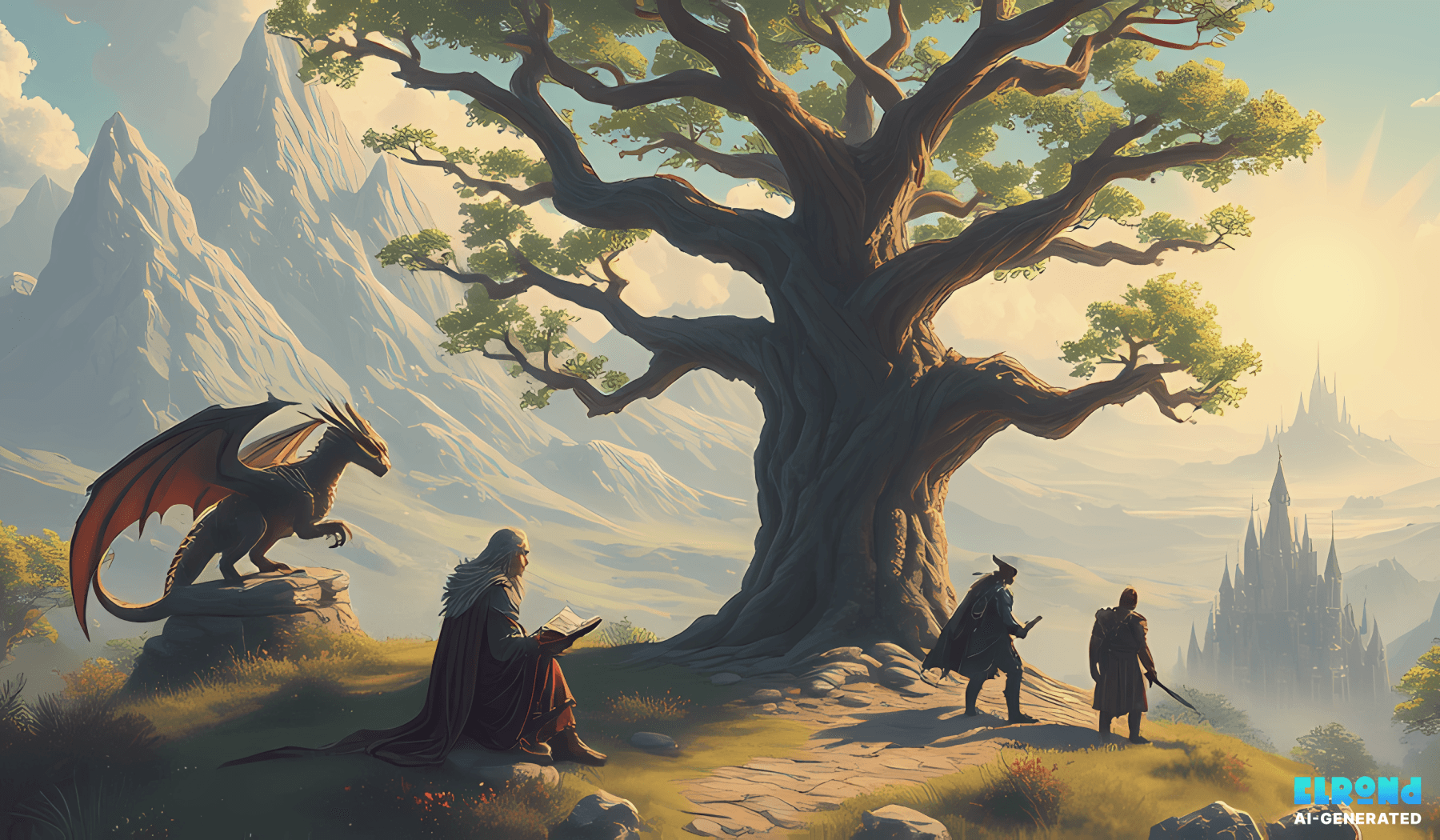Exploring the forgotten empires that could have reshaped our world.
The concept of alternate history has long fascinated historians, writers, and readers alike. What would the world be like if key moments in history had unfolded differently? If ancient empires hadn’t fallen, or if nations had expanded their borders? Alternate history allows us to delve into these "what-ifs" and envision a world built upon different decisions, alliances, and outcomes. One of the most intriguing aspects of this genre is how it examines the rise and fall of empires and the legends that may have never been written. In this article, we will explore several alternate histories, focusing on the empires that could have existed and the powerful legacies they may have left behind.
The Rise of the Aztec Empire: A World of Golden Cities and Advanced Technologies
Imagine a world where the Aztec Empire, rather than succumbing to Spanish conquest, continued to thrive. The Aztecs, with their advanced knowledge of agriculture, astronomy, and architecture, could have transformed the Americas into a powerful continent that rivaled Europe. In this alternate history, the Aztecs develop their technologies further, trading with other parts of the world and expanding their influence into the Pacific.
The technological advancements of the Aztec people, such as their understanding of medicine, the creation of extensive aqueduct systems, and their architectural marvels, could have been pushed even further with the help of knowledge gained from trading and cultural exchanges with other civilizations. With their sophisticated military strategies, they could have fended off European invaders or even dominated the globe through conquest and diplomacy.
While it may seem like pure fantasy, the Aztec Empire was on the brink of achieving monumental growth. Had the Spanish not arrived, it is possible that the empire’s influence would have reached far beyond the boundaries of modern-day Mexico.
Napoleon’s Continued Reign: The Empire That Spanned Europe
One of the most fascinating alternate history scenarios involves Napoleon Bonaparte’s reign. What if Napoleon had not suffered defeat at Waterloo? What if the French Empire continued to expand under his leadership, solidifying his position as the undisputed ruler of Europe? The world could have been very different.
Had Napoleon not been exiled to Saint Helena, he could have used his military genius and political prowess to create a lasting empire. The possibility of a unified Europe under French leadership would have had massive implications on world history. Perhaps the spread of democratic ideals could have been more widespread and earlier in history, with France serving as a beacon of revolution and reform throughout the continent.
Napoleon’s reign could have drastically altered the development of global trade, technology, and even the arts. The Napoleonic Code might have served as the foundation for international law, reshaping societies from the Americas to Asia. A French-dominated Europe could have influenced the course of industrialization, scientific discovery, and global diplomacy in ways that we can only imagine today.
The Byzantine Empire’s Resurgence: A New Golden Age of the East
Another fascinating alternate history scenario is the resurgence of the Byzantine Empire. The Byzantine Empire, after centuries of dominance, finally fell to the Ottoman Turks in 1453. But what if the Byzantines had managed to hold onto Constantinople, staving off Ottoman expansion? The Byzantine Empire, with its rich cultural heritage, advanced military tactics, and strategic location, could have ushered in a new golden age for the Eastern world.
By maintaining control of the Bosporus Strait, the Byzantines could have continued to act as the bridge between East and West, controlling vital trade routes between Europe and Asia. This could have led to a flourishing of commerce, science, and the arts. The Byzantines were known for preserving the knowledge of ancient Greece and Rome, and with continued stability, they might have played a pivotal role in the Renaissance, pushing Europe toward technological and cultural innovation at an earlier date.
This alternate history would not only change the course of European development but could also reshape the entire world. The spread of Orthodox Christianity and Byzantine cultural practices might have become more widespread, influencing nations and empires far beyond the borders of the former Byzantine Empire.
Mongol Empire: A Continent-Spanning Force that Transformed the World
The Mongol Empire, under the leadership of Genghis Khan, was the largest contiguous empire in history. At its height, it stretched from Eastern Europe to the Pacific Ocean, encompassing a vast range of cultures, landscapes, and civilizations. But what if the Mongol Empire had not splintered after the death of Genghis Khan? What if his descendants had managed to keep the empire intact and continue their conquests?
In this alternate history, the Mongols could have created a global empire that extended their influence to the Middle East, Africa, and perhaps even the Americas. The Mongols were known for their military prowess, strategic acumen, and ability to unite diverse peoples under one banner. If they had established a more unified and lasting empire, they could have been a dominant force in global trade, culture, and politics.
The Mongols’ impact on the world would have been profound. Their unification of the Silk Road allowed for the exchange of goods, ideas, and technologies between East and West. With a continued presence in both Europe and Asia, they might have shaped the course of history in ways that we can only speculate.
The United States: A Different Outcome in the Civil War
One of the most debated alternate history scenarios is the outcome of the American Civil War. What if the Confederacy had won and established itself as a separate nation? The political, economic, and cultural consequences would have been monumental.
Had the Confederacy prevailed, the United States would have been divided, with the Southern states continuing to rely on slavery as their primary economic system. The balance of power in North America would have shifted, and international relations could have been drastically altered. A divided America might have led to more conflicts with European powers, as both the North and South would have sought to solidify their positions in global trade and politics.
The legacy of a divided America would also have had significant implications on civil rights, technological innovation, and the overall development of the 20th century. The Civil War was not just a fight for political control but for the future identity of the nation itself. A Confederate victory would have changed the trajectory of American history forever.
The Fall of the Roman Empire: A Never-Ending Legacy
Perhaps the most enduring and influential alternate history is the question of what would have happened if the Roman Empire had never fallen. The fall of Rome in 476 AD is often seen as the end of antiquity and the beginning of the Dark Ages, but what if the empire had continued to thrive, adapting to the changing world?
If the Roman Empire had successfully navigated its internal strife, invasions, and economic troubles, it could have become a lasting force in Europe and the Mediterranean. Roman law, culture, and governance might have shaped the future of Europe for centuries to come. The Roman Empire’s influence on the development of cities, infrastructure, and legal systems would have provided a stable foundation for future generations.
Had the empire maintained its political and military strength, we could have seen a unified Europe, with Rome continuing as the political and cultural center. The spread of Christianity, which flourished under the Roman Empire, could have spread even more widely, influencing global religious and cultural practices.
Conclusion: The Power of Alternate History
The rise and fall of empires is one of the most fascinating areas of alternate history. By exploring what might have happened if key moments in history had taken a different turn, we can better understand the complex forces that shaped our world. Whether imagining a world where the Aztecs thrived or Napoleon’s Empire endured, alternate history allows us to reflect on the fragile nature of power and the legacies that could have been.
These alternate histories show us that the legends of empires that never were hold the power to captivate our imaginations, revealing not only what could have been but also what we can learn from the past to shape our future.


